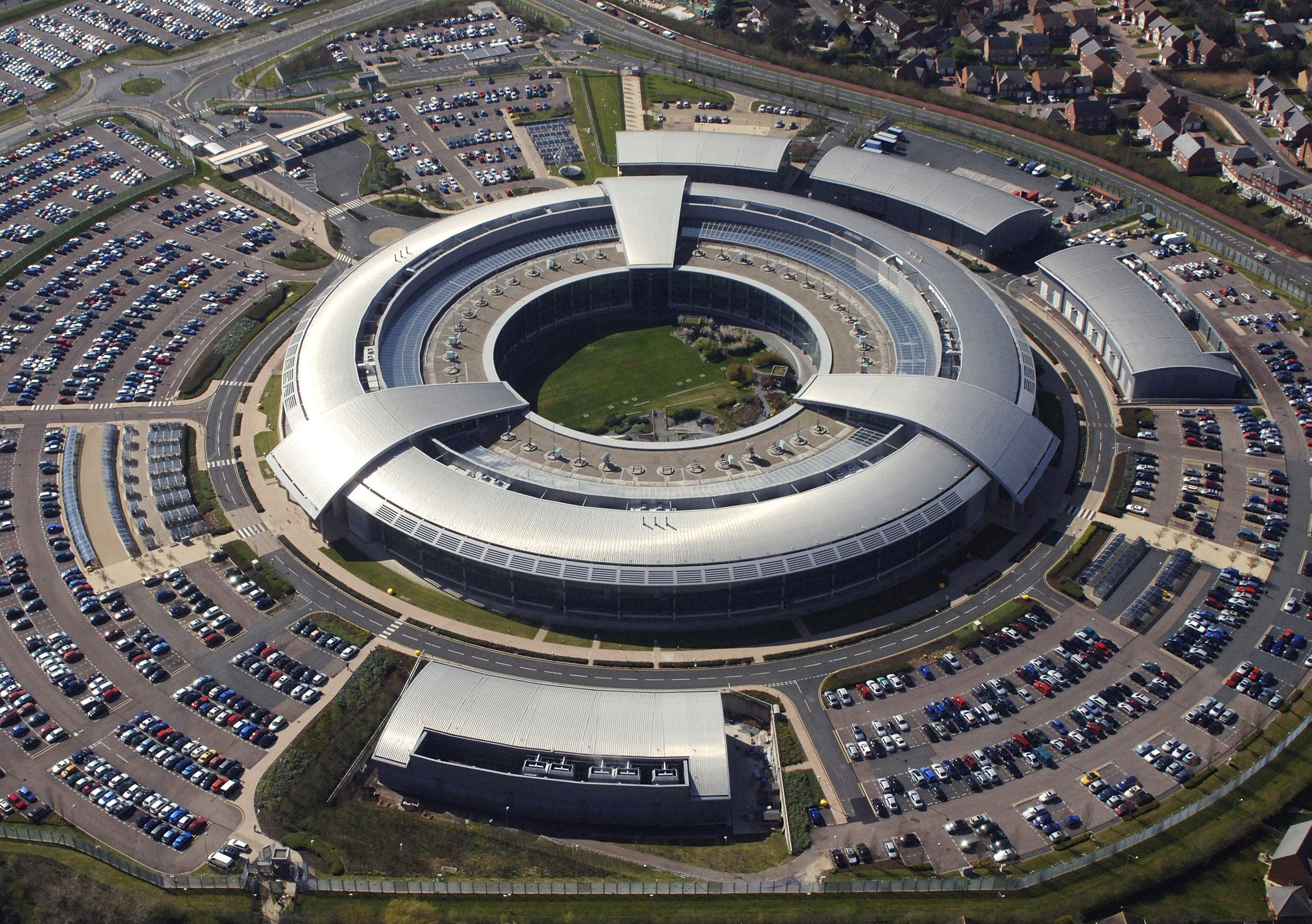Checking in with 'Royal Concierge': GCHQ ran hotel surveillance ring to spy on diplomats and delegations

Your support helps us to tell the story
From reproductive rights to climate change to Big Tech, The Independent is on the ground when the story is developing. Whether it's investigating the financials of Elon Musk's pro-Trump PAC or producing our latest documentary, 'The A Word', which shines a light on the American women fighting for reproductive rights, we know how important it is to parse out the facts from the messaging.
At such a critical moment in US history, we need reporters on the ground. Your donation allows us to keep sending journalists to speak to both sides of the story.
The Independent is trusted by Americans across the entire political spectrum. And unlike many other quality news outlets, we choose not to lock Americans out of our reporting and analysis with paywalls. We believe quality journalism should be available to everyone, paid for by those who can afford it.
Your support makes all the difference.Britain’s secret listening service, GCHQ, uses a spying system codenamed “Royal Concierge” to carry out detailed surveillance on foreign diplomats and government delegations at more than 350 hotels across the world, Germany’s Der Spiegel magazine reported on Sunday.
The disclosures, based on intelligence data leaked by the US whistleblower Edward Snowden, follow reports that British intelligence installs secret software to spy on selected companies and revelations earlier this month by The Independent that GCHQ operates a listening post on the roof of the UK’s Berlin embassy.
Der Spiegel said that GCHQ used “Royal Concierge” to spy on the booking arrangements of the hotels involved in order to gain information about the travel plans of diplomats and government delegations. It said the system was used to “prepare” their hotel rooms for more detailed surveillance.
The magazine said the information gained enabled the GCHQ’s so-called “technical departments” to bug the telephones and computers used by diplomats in their hotel rooms. It said “Royal Concierge” was also used to prepare the ground for the setting up of the GCHQ’s so-called “Humint Operations” – an abbreviation for “Human Intelligence” surveillance involving the deployment of agents to spy on diplomats.
Der Spiegel did not say which hotels were targeted. Contacted by the magazine, a spokesman for GCHQ said he could “neither confirm nor deny” Der Spiegel’s report.
The disclosures are the latest in a series of embarrassing revelations about the covert activities of GCHQ and its US counterpart, the National Security Agency, leaked to the media by fugitive whistleblower Edward Snowden.
The intelligence leaks have revealed the existence of the GCHQ/NSA “Tempora” spying operation involving the mass surveillance of Internet, phone and email traffic which crosses the Atlantic through undersea fibre-optic cables. The British government has claimed to have had no knowledge of the programme.
Disclosures published by Der Spiegel last week said that GCHQ used doctored websites including those from the business network LinkedIn to install surveillance software on the computers of unwitting companies and individuals.
The system was said to be codenamed “Quantum Insert”. One of the targeted companies was identified as the part-state-owned Belgian telecommunications firm Belgacom. Another was a concern named Mach, which is used by several mobile phone companies to coordinate international roaming traffic.
In Germany, disclosures that the NSA used an embassy listening post to bug Chancellor Angela Merkel’s mobile phone were followed a fortnight ago by an investigation by The Independent which revealed that GCHQ runs a similar listening post.
German MPs have said they are outraged that US and British intelligence spies on the politicians of a country which is their key European ally. They have called for the setting up of no-spying agreements between Washington, London and Berlin.
Germany’s two main political parties announced yesterday that they had agreed to set up a cyber security centre to establish how networks could be better protected from invasive surveillance.
Join our commenting forum
Join thought-provoking conversations, follow other Independent readers and see their replies
Comments